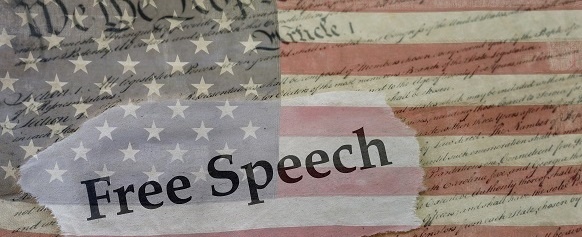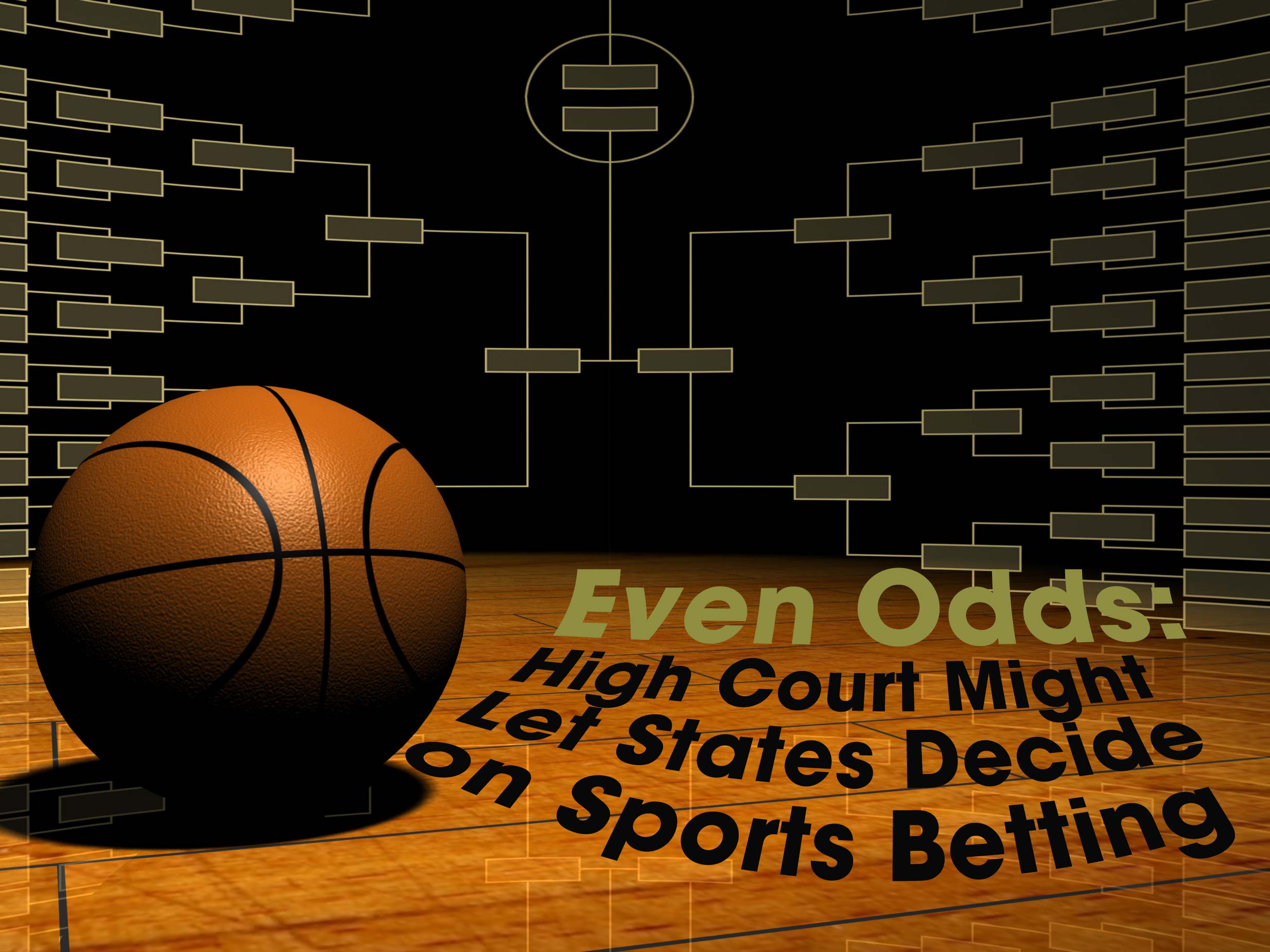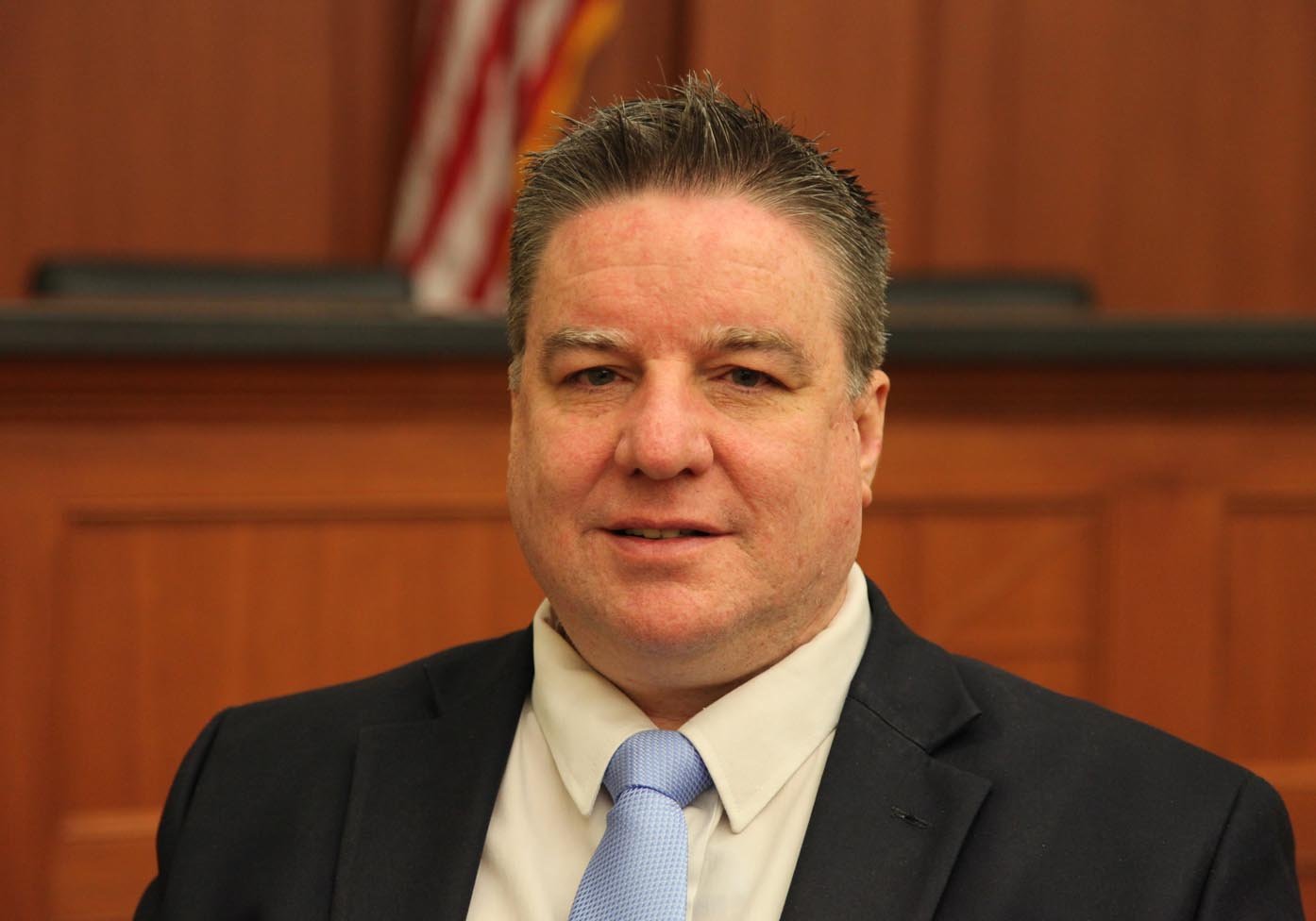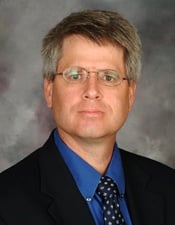
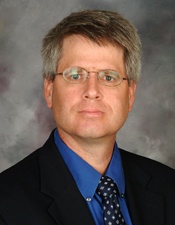 Blog author Auxiliary Dean and Professor Devin Schindler teaches Constitutional Law at Cooley Law School’s Grand Rapids campus and is a frequent commentator on numerous Constitutional issues, having been interviewed over 200 times by radio, television, print and internet media sources. His comments have appeared in Time Magazine, The Huffington Post, The New York Times, The San Francisco Chronicle and many other media outlets. Read Professor Schindler's commentary below on When Freedom of Speech Becomes Wrong Rather Than a Right?
Blog author Auxiliary Dean and Professor Devin Schindler teaches Constitutional Law at Cooley Law School’s Grand Rapids campus and is a frequent commentator on numerous Constitutional issues, having been interviewed over 200 times by radio, television, print and internet media sources. His comments have appeared in Time Magazine, The Huffington Post, The New York Times, The San Francisco Chronicle and many other media outlets. Read Professor Schindler's commentary below on When Freedom of Speech Becomes Wrong Rather Than a Right?
“Advocating genocide is not free speech.” — Sign carried by a student protesting an on-campus speech by Richard Spencer
“If there is any star fixed in our constitutional constellation, it is that no official, high or petty, can prescribe what shall be orthodox in politics, nationalism, religion, or other matters of opinion.” — West Virginia State Board of Education v. Barnette, 319 U.S. 624, 642, (1943)
The U.S. Supreme Court has consistently recognized that fostering a “robust exchange of ideas” is critical to the success of any educational institution. Universities exist, after all, to expose students to a wide variety of viewpoints, perspectives and arguments. But teaching the related values of tolerance and respect is equally as important. The rise of fringe speakers who espouse what is commonly known as “hate speech” places these two critical values in direct conflict. As a matter of debate, we ask ourselves whether public universities have the right to censor free speech when it is solidly contrary to a mission of fostering tolerance. Or should everyone, no matter how offensive the rhetoric, be given equal access to college campuses?
The quick answer is public universities are government actors subject to the restrictions imposed by the First Amendment. Censoring speech merely because the government finds it distasteful is an anathema to the First Amendment. Hence, the fact that a university does not like what a particular speaker has to say—even if that speech is contrary to the school’s mission—does not justify censoring the speaker. This was a hard lesson learned by a number of universities, including Temple, Central Michigan University, the University of Wisconsin and the University of Michigan, all of whom tried unsuccessfully to impose “speech codes” that limited student’s ability to engage in speech commonly known as “hate speech.”
In 1989, for example, a federal court struck down a rule imposed by the University of Michigan which prohibited “any behavior, verbal or physical, that stigmatizes or victimizes an individual on the basis of race, ethnicity, religion, sex, sexual orientation, (or) creed.” Violators of the policy were subject to a hierarchy of sanctions, including, in extreme cases, expulsion. Although the Court expressed sympathy for the University’s desire to “to ensure equal educational opportunities for all of its students,” it ruled that fostering tolerance “must not be at the expense of free speech.” This case, and others like it, recognizes the paramount importance of the First Amendment; which embodies values that transcend virtually all others.
But constitutional rights are not absolute. The courts have recognized several categories of speech unworthy of First Amendment protection; several of which are relevant to the debate over hate speech on college campuses.
The First Amendment does not protect, for example, “true threats,” which, as the name suggests, is speech intended to convey a threat. This doctrine suggests that schools do not need to tolerate a speaker whose sole mission is to intimidate marginalized groups. Speech intended to incite imminent violence or lawlessness is likewise unprotected. Hence, a University can censor a speaker whose goal is to rile his audience into engaging in acts of violence. Finally, the “fighting words” doctrine would allow schools to ban face-to-face verbal altercations that would be likely to lead to violence.
The mere fact that violence might arise from allowing a particular speaker onto campus, however, is not enough to justify censorship. In every case, the burden is on the university to show that the speaker who it seek to censor has engaged in a form of unprotected speech. In practical terms, this means that public universities have little ability to censor a speaker before he or she has spoken. In the parlance of the First Amendment, banning a particular speaker whose speech might result in violence is a classic “prior restraint” greatly disfavored under the law. Public Universities, like all government actors, also have the flexibility to impose reasonable “time, place or manner” restrictions, so long as those restrictions are not imposed because of distaste over the speaker’s message. In practical terms, this means that a university can prohibit, say, students protesting in the middle of a math class.
The price of liberty is that all of us, including students, must occasionally tolerate obnoxious, repugnant and even hateful speech. The solution does not lie in government enforced censorship. Rather, as stated by Justice Vinson over 60 years ago, the core of the First Amendment is the belief that “speech can rebut speech, propaganda will answer propaganda (and the) free debate of ideas will result in the wisest governmental policies.” The solution to hate speech is to flood the marketplace with the speech of inclusion, tolerance and respect
Dennis v United States. 341 U.S. 494 (1951)

